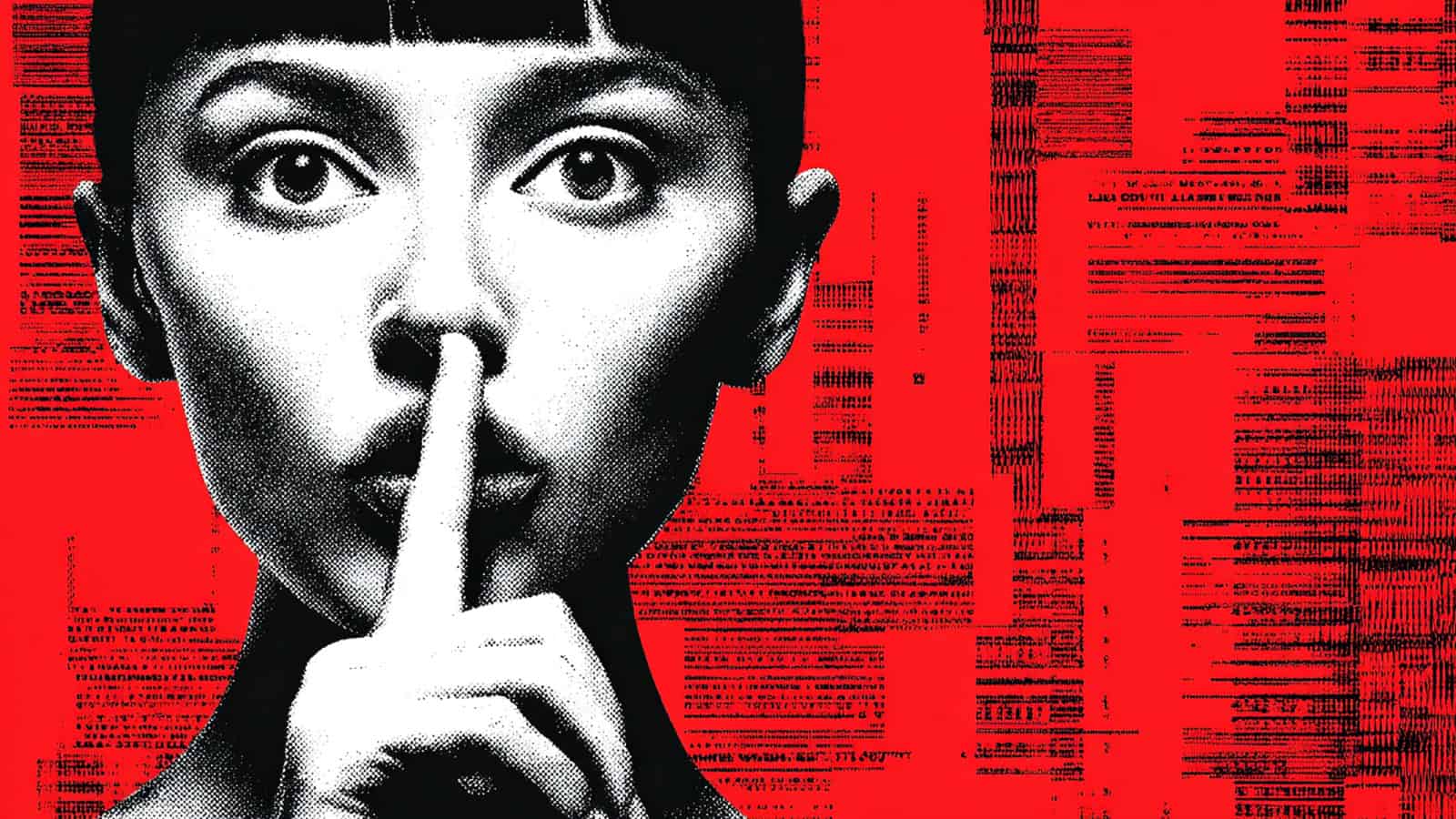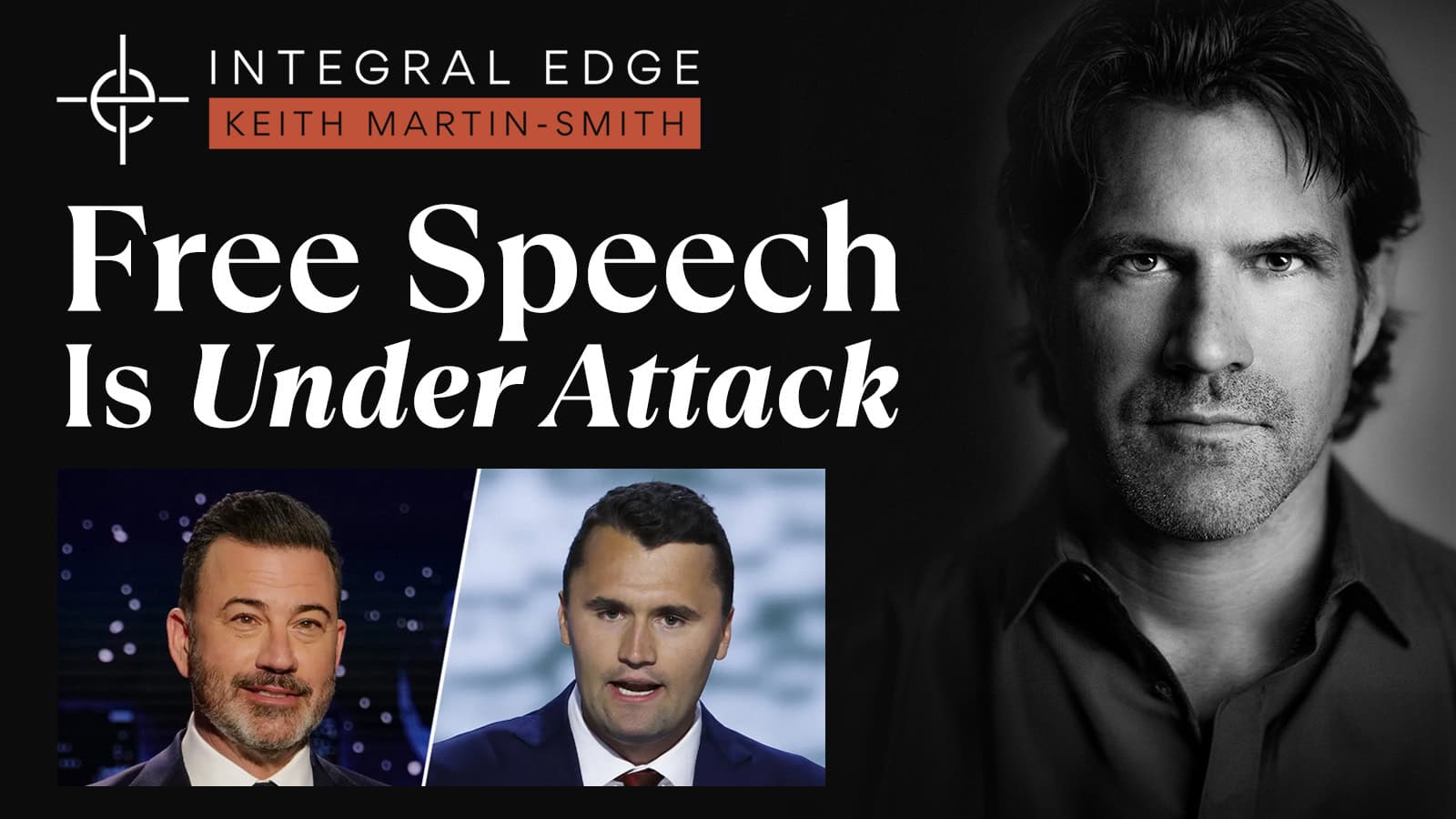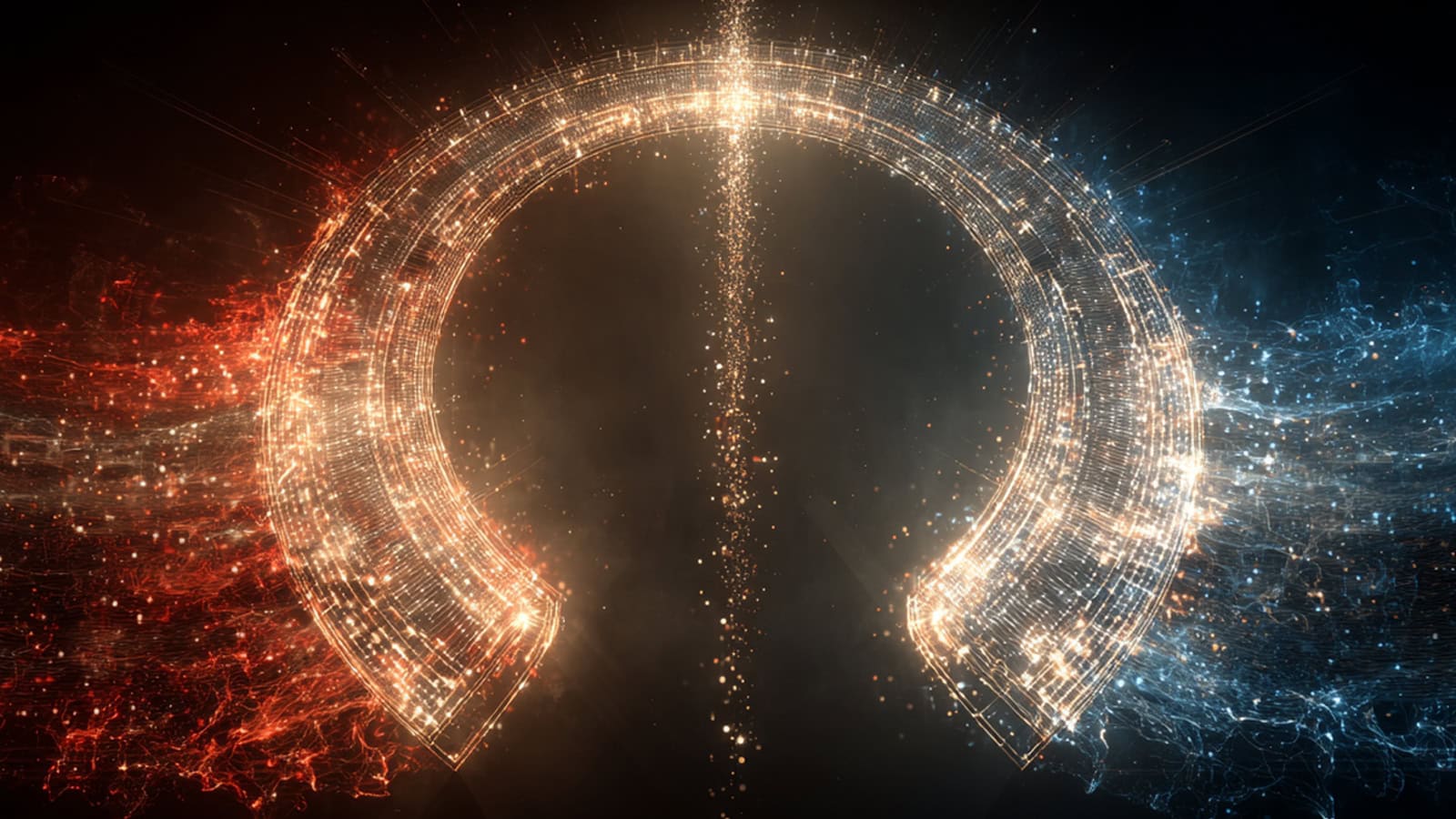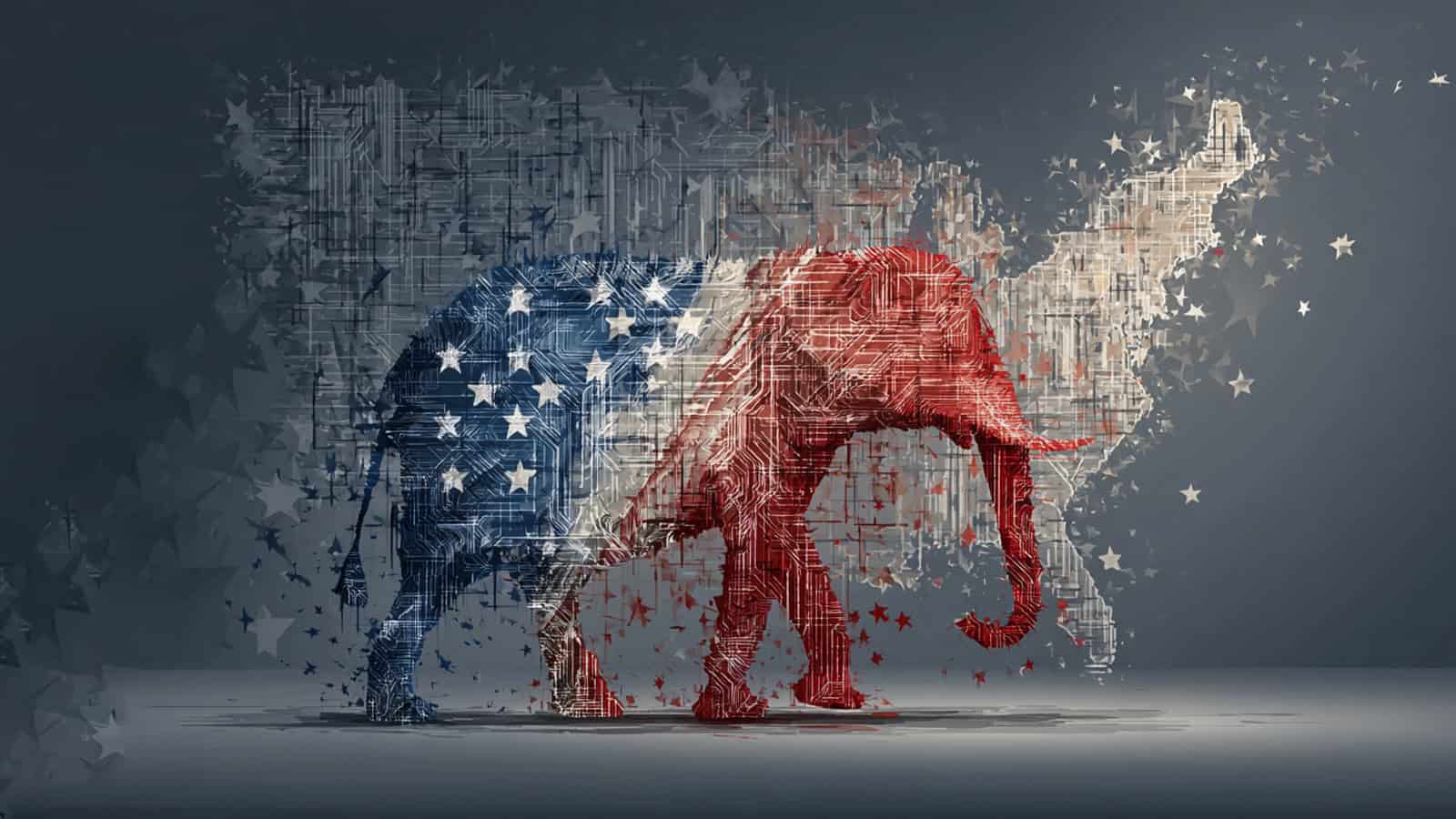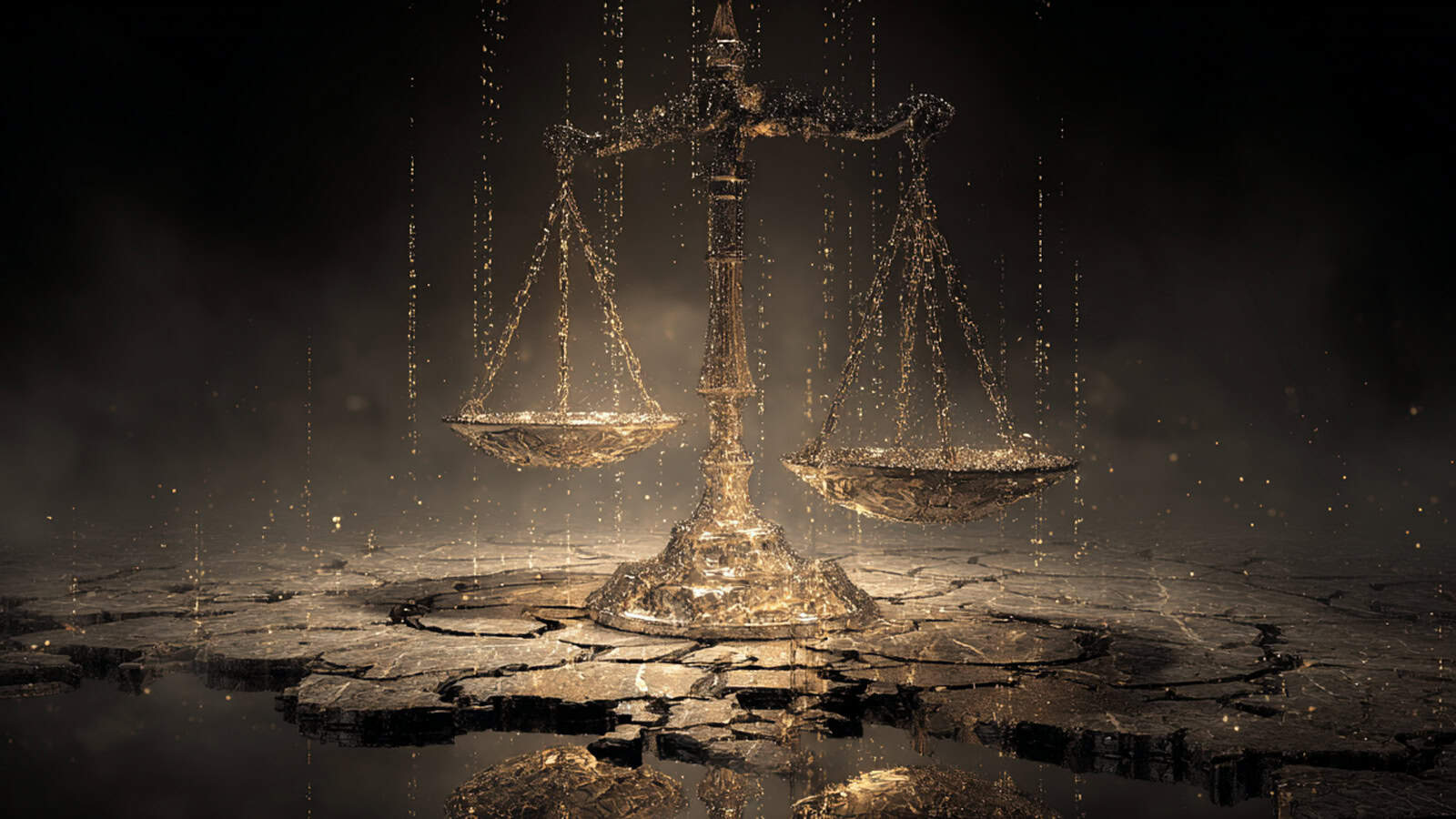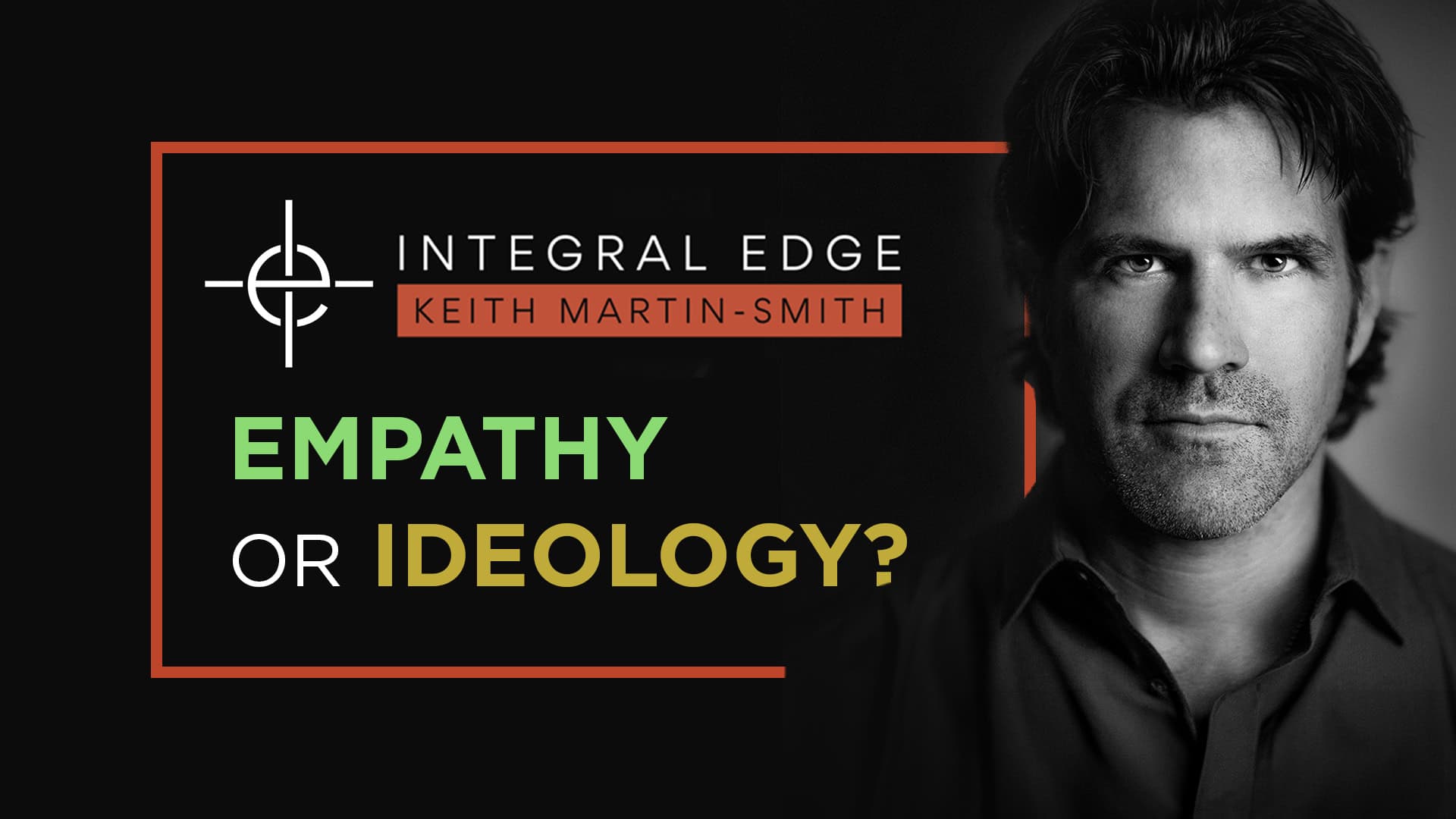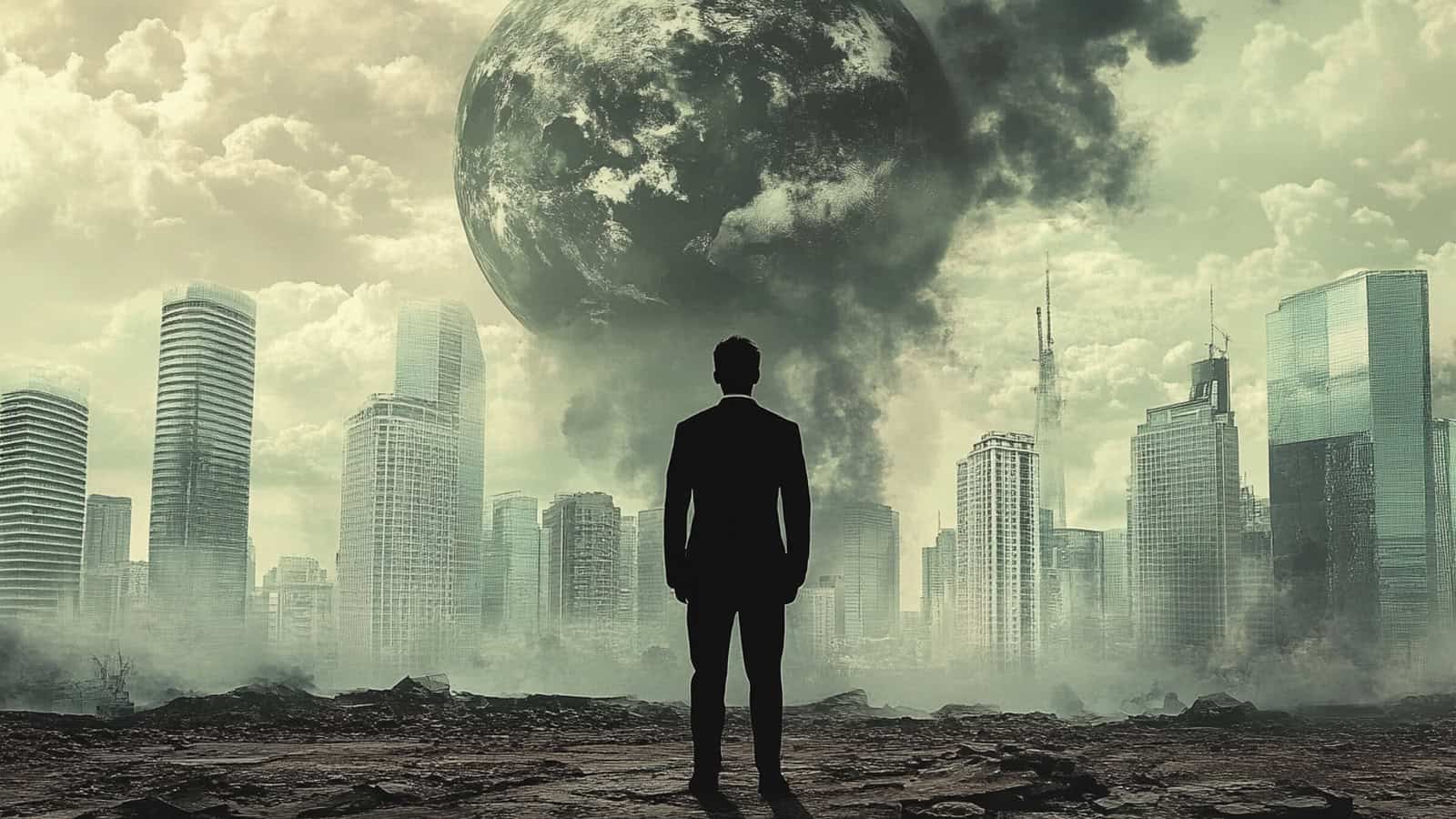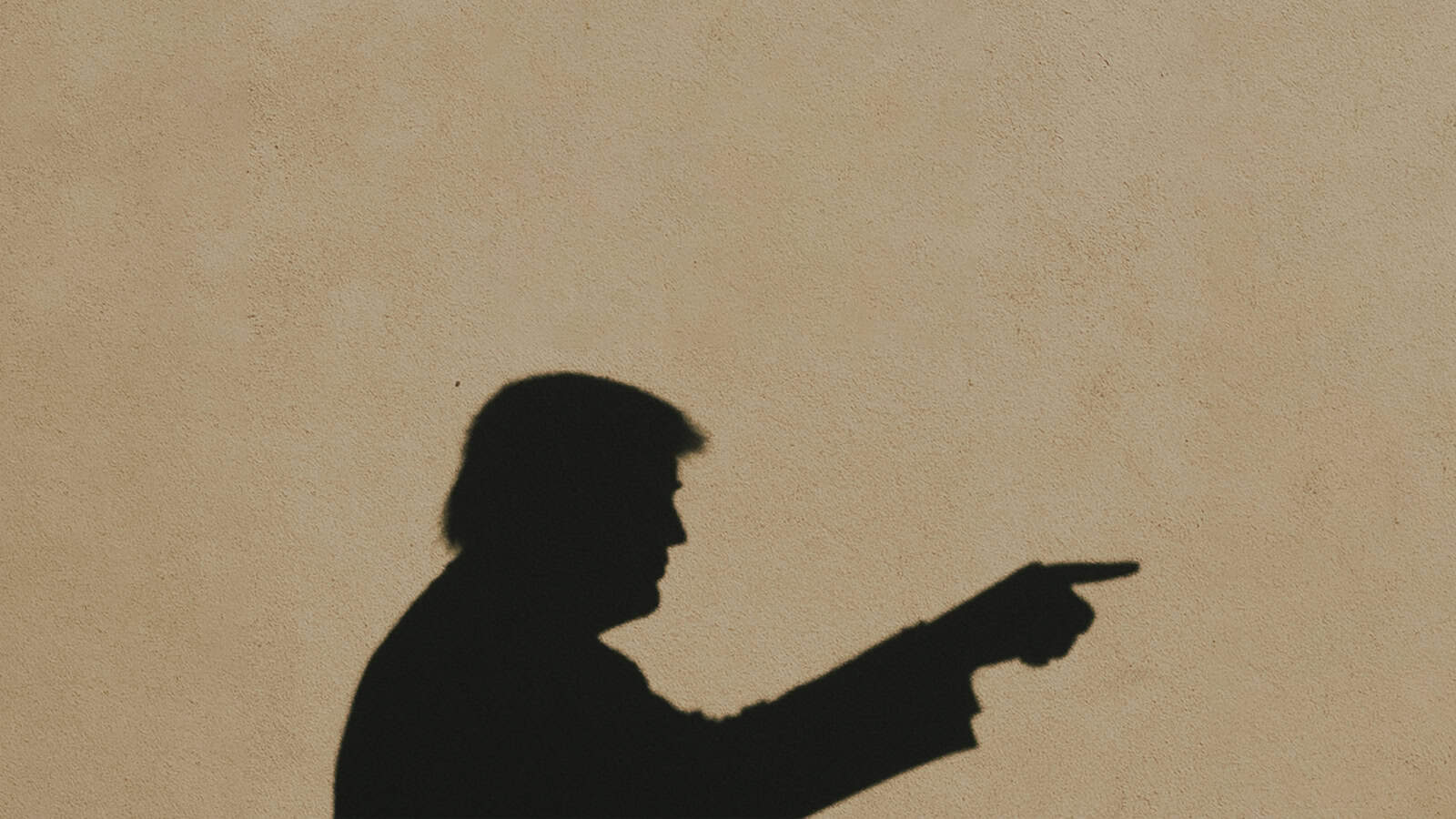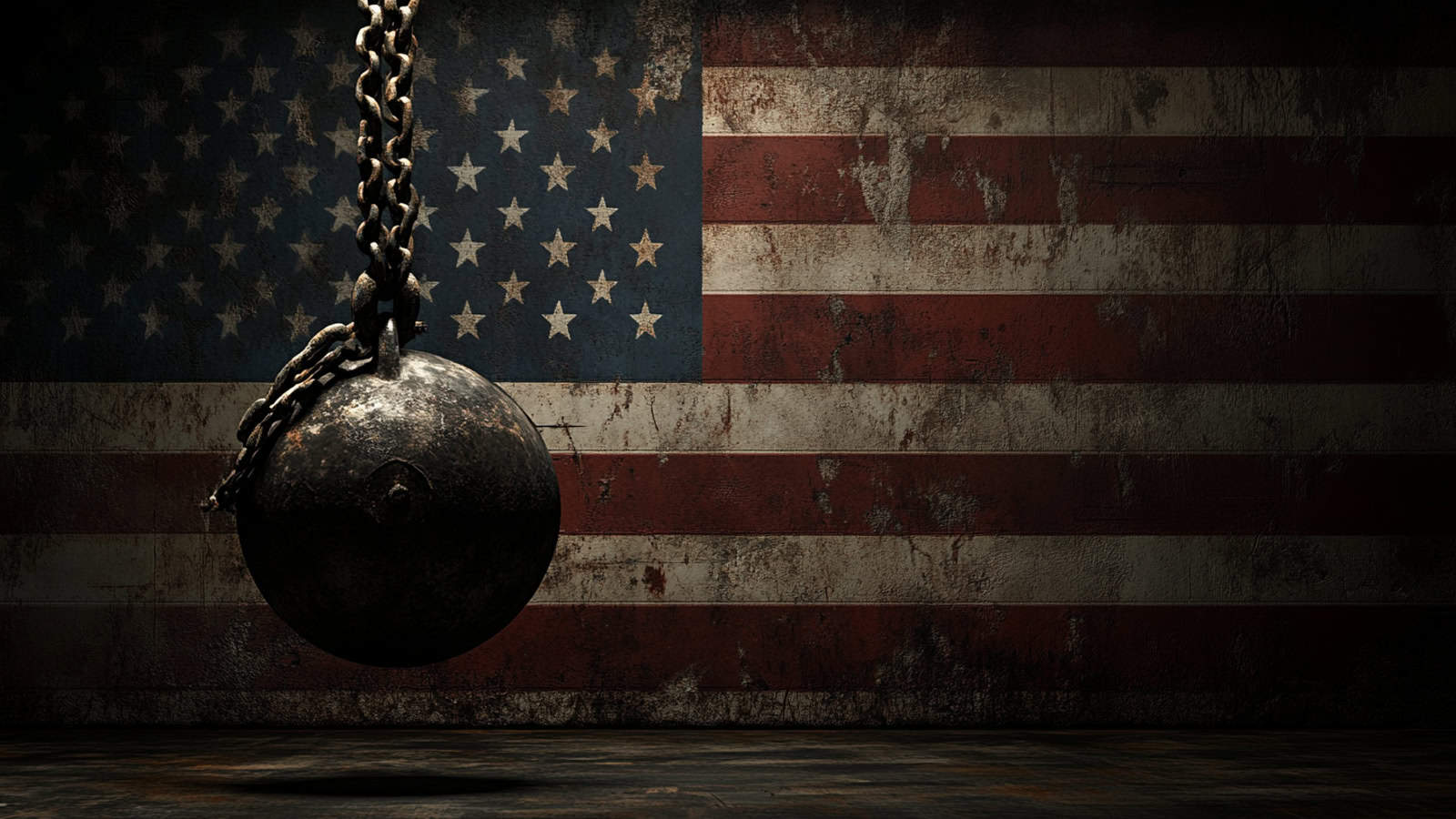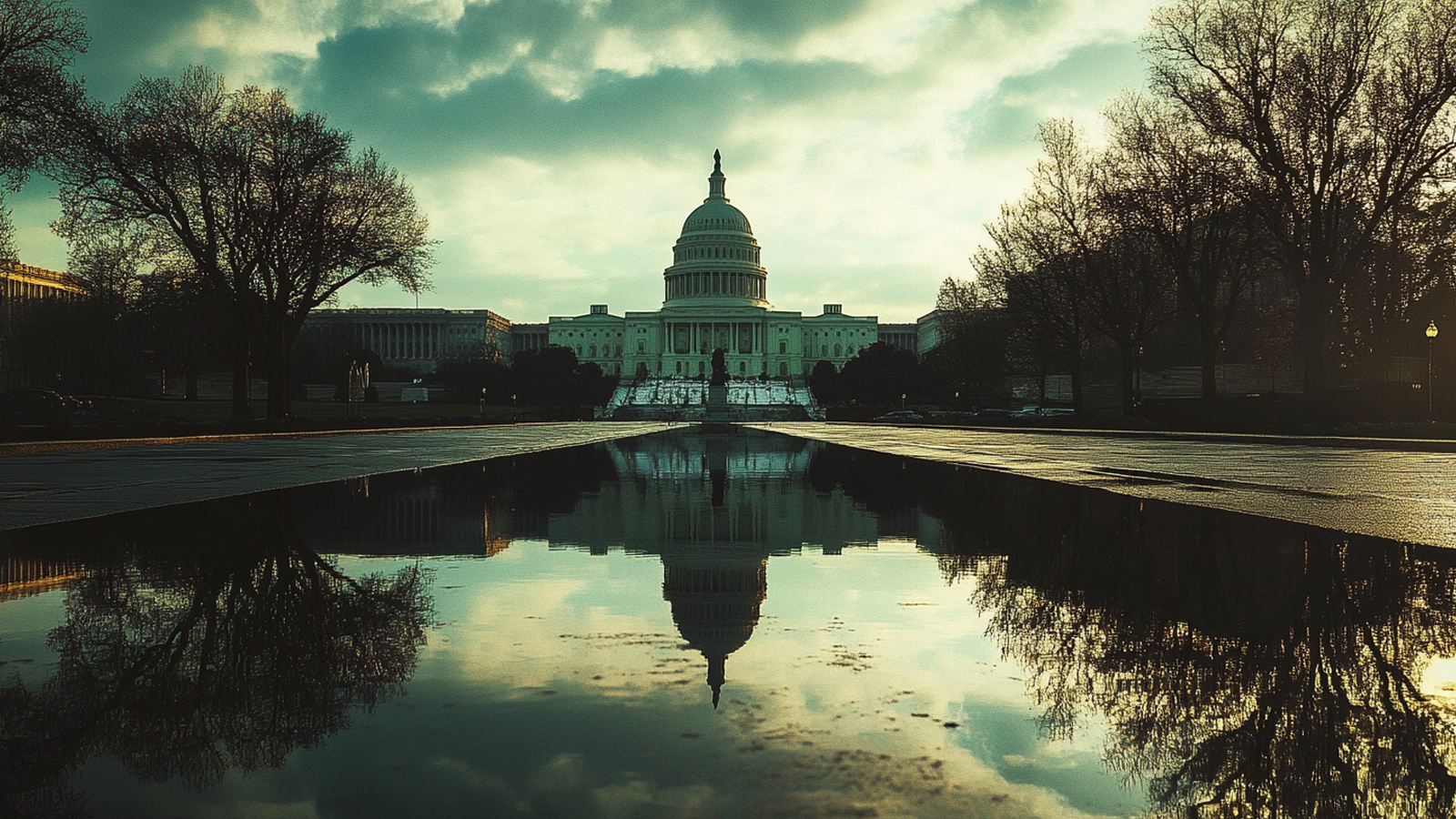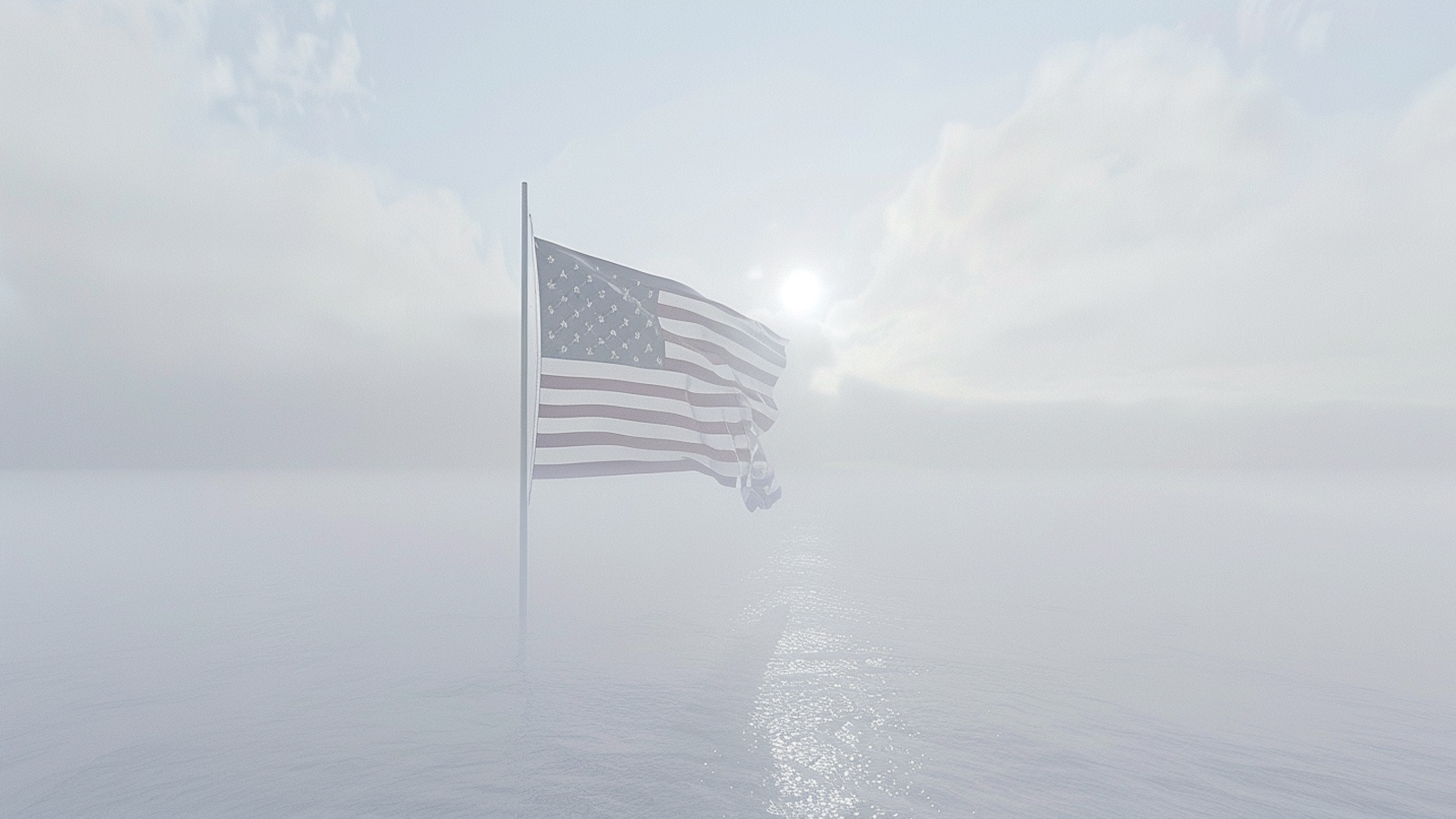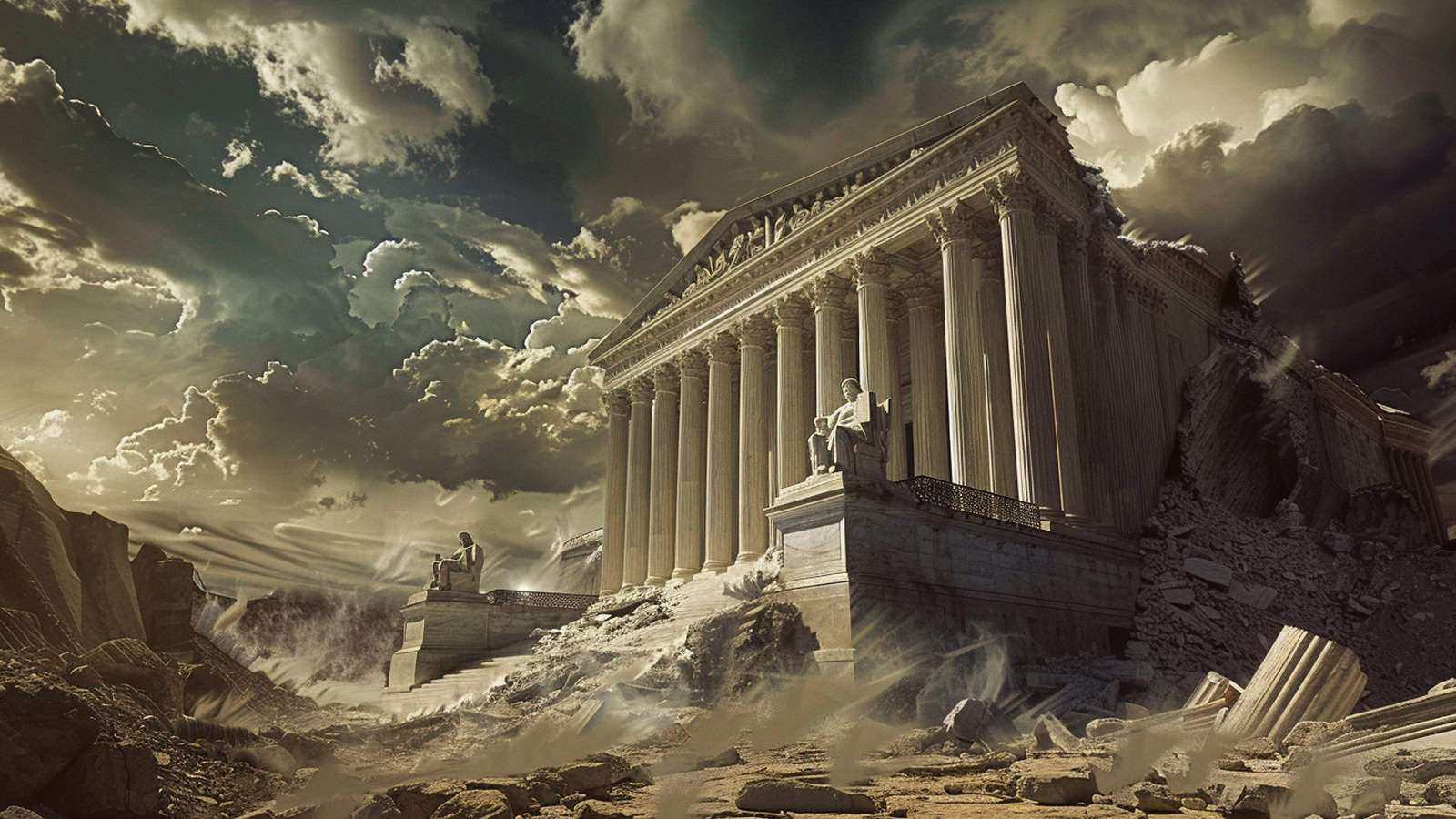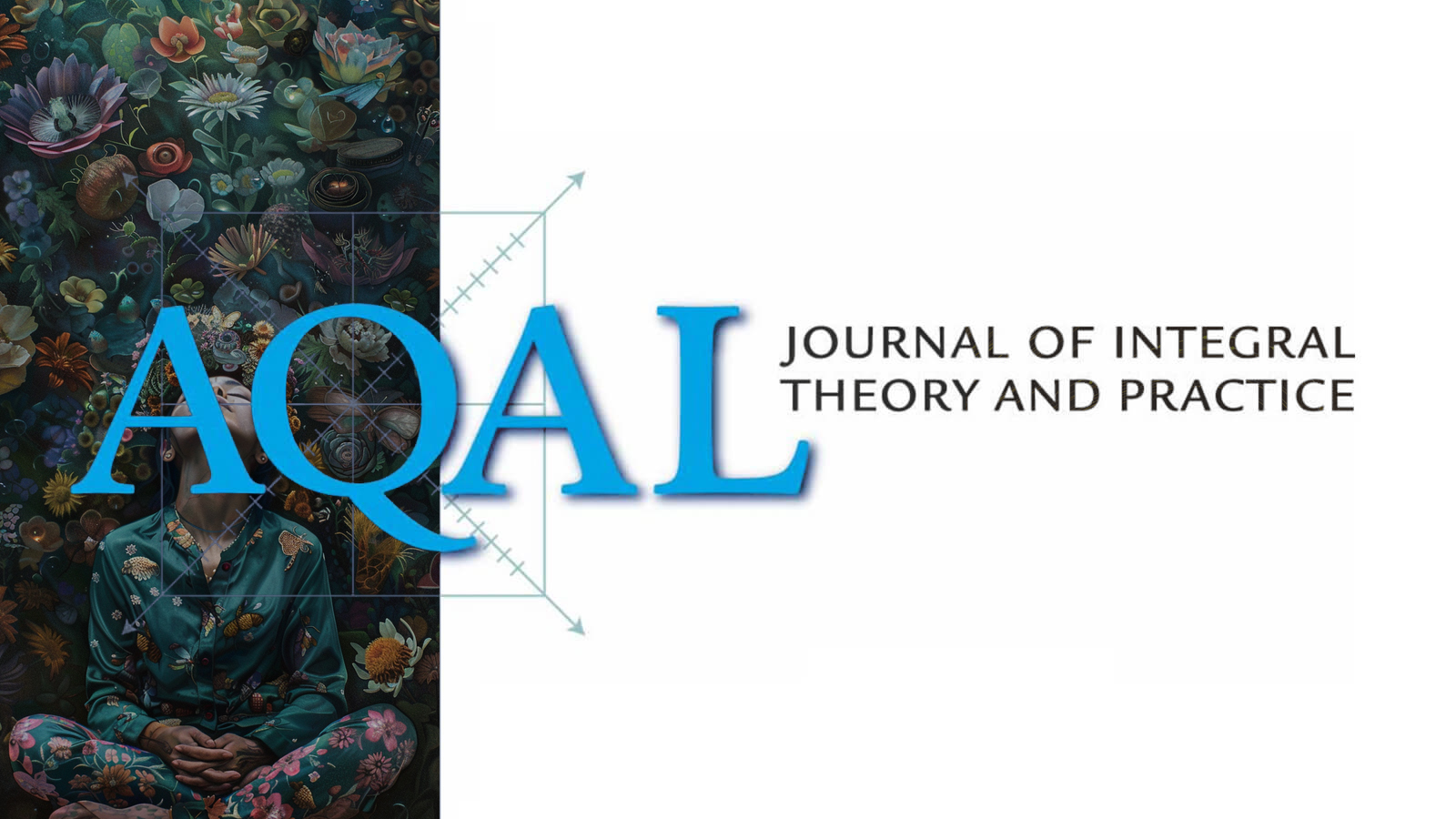Corey deVos and Stephanie Lepp unpack Stephanie’s Faces of Free Speech—a short-form installation featuring Destiny (Steven Bonnell) performing multiple perspectives on the free speech polarity—then trace why “more speech” only works as a remedy inside healthy information ecosystems. Along the way, they clarify why synthesis isn’t centrist compromise but a sharp integration of the healthiest expressions of opposing poles, and Corey tests the piece through an Integral Life “debate analyzer” prototype that maps polarity, developmental framing, and pathways toward deeper sensemaking.

Politics
“The typical, well-meaning liberal approach to solving social tensions is to treat every value as equal, and then try to force a leveling or redistribution of resources (money, rights, goods, land) while leaving the values untouched. The typical conservative approach is take its particular values and try to foist them on everybody else. The developmental approach is to realize that there are many different values and worldviews; that some are more complex than others; that many of the problems at one stage of development can only be defused by evolving to a higher level; and that only by recognizing and facilitating this evolution can social justice be finally served.” – Ken Wilber

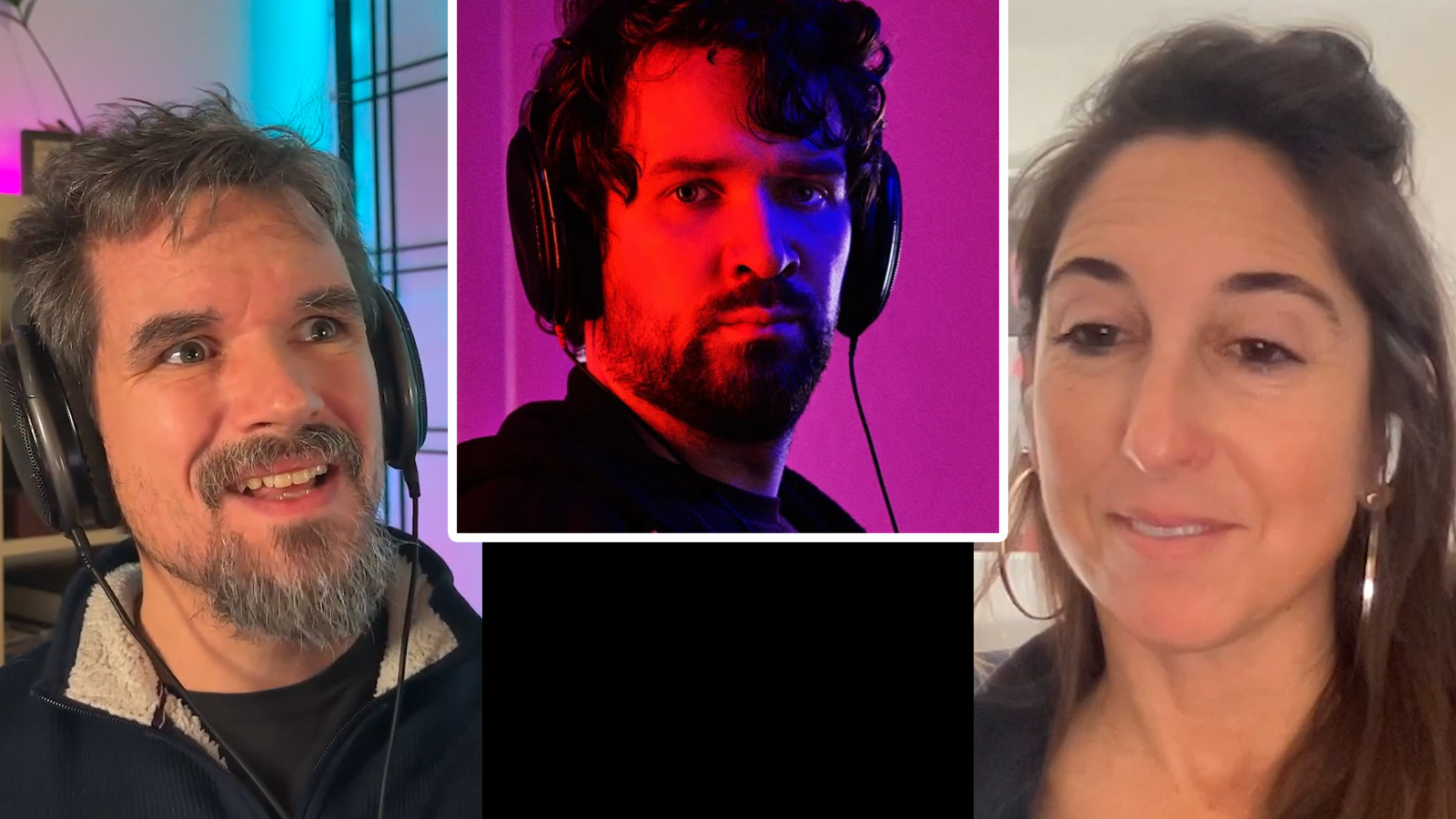
 February 6, 2026
February 6, 2026 